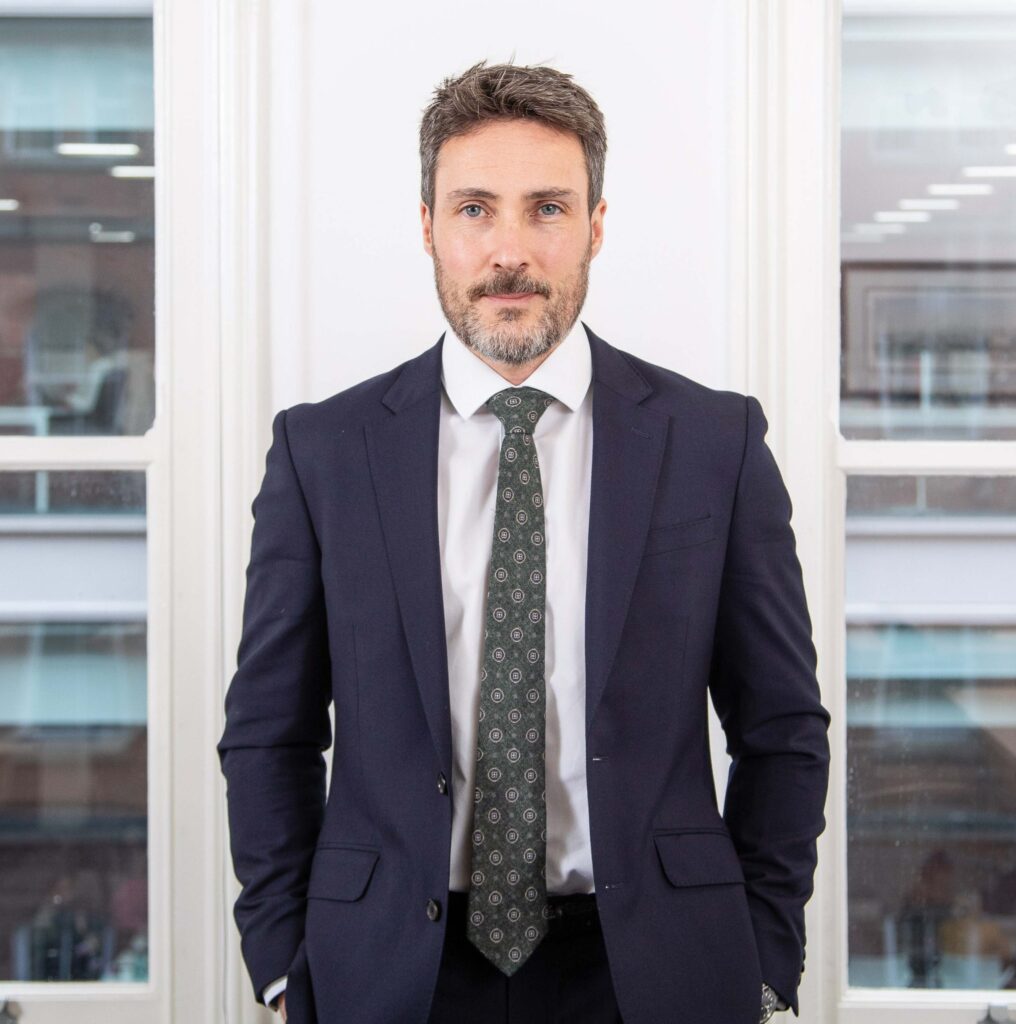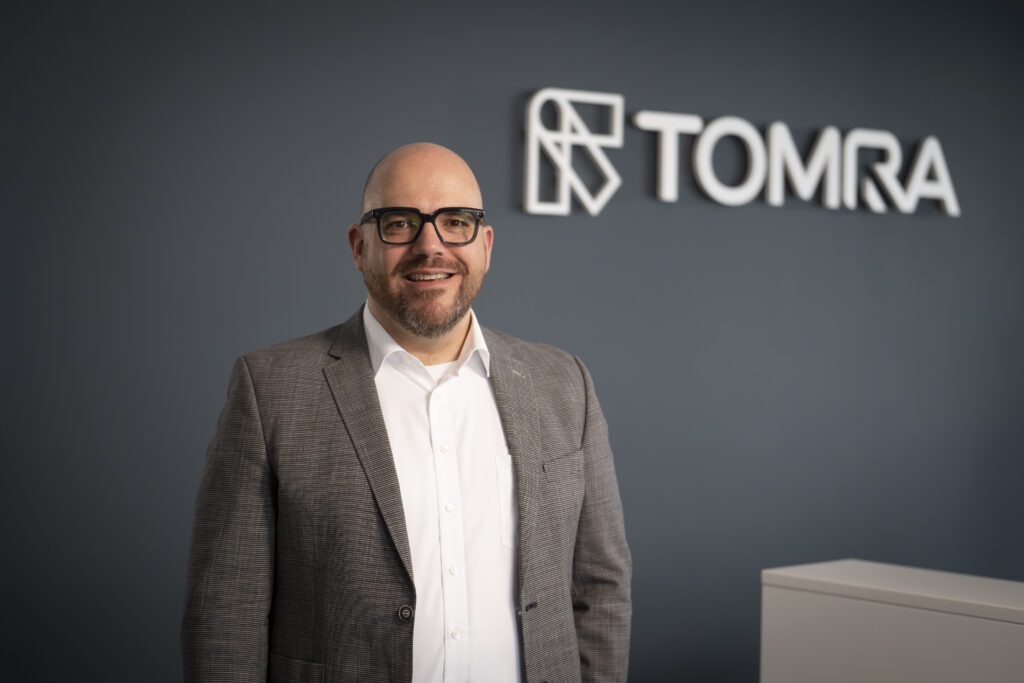OPINION: Amid the return of confidence in the world of M&A, the UK’s £9 billion waste and recycling sector is one that stands out as having the potential to have a particularly impressive 2024.

Indeed, despite challenging economic conditions in recent times, investor interest in the sector – which employs more than 70,000 people – has held firm, largely as a result of the global focus on decarbonisation and the race to net zero. Local authorities across the UK have committed themselves to central government’s 2050 target, and much of the leg work is being done within the private sector to support that transition.
At the same time, investors and shareholder groups are not only embedding sustainability into their portfolios as part of their public ESG commitments, but also recognising the growth opportunities presented by emerging sustainable industries. It is perhaps no surprise then that we’ve seen the number of B Corps – a global network of businesses committed to the highest social and environmental standards – double to almost 8,000 in the past three years.
From an M&A perspective, the attraction of individual businesses within waste and recycling lies in their ability to solve problems. Much like we have seen in the proliferation of fintech and MedTech businesses, technology has opened up new ways for start-ups in the sector to develop novel approaches to waste management – an area that has rarely been seen as business critical within the economy other than in heavy industry.
That in turn has attracted the attention of major consolidators as well as private equity. Private equity investors have long focused on financial returns as a measure of value creation, however, there is a growing recognition within the industry that sustainability, as well as being absolutely the right thing to do, also enhances value – with many houses now creating ESG and CSR programmes to support their portfolios as well as their own organisation. As such, we’ve seen an increased interest in the waste and recycling sector among investors – particularly among mid-market firms that have proven models that can serve broader portfolios.
‘Cross-border activity’
Their appetite for funding businesses and buyouts in the sector is also shared by traditional lenders who, despite having to be more discerning amid tougher economic and trading conditions, see value in supporting those that can make a positive contribution to the environment and communities, as well as supporting their own ESG focuses. That has been to the benefit of those looking to deploy buy and build strategies within waste and recycling. In particular, we’ve seen western and northern European groups leading the charge in terms of building entities of scale. The North American market is also looking with interest at Europe and the UK, so it wouldn’t be surprising to see more cross-border activity in the coming months as firms target new capabilities as well as new markets.
For intelligent UK operators providing entrepreneurial, often tech-enabled services in waste management and the circular economy, these factors should contribute to an environment where it’s possible to secure new backing or add scale through partnerships or acquisition. At the same time, a competitive market is likely to ensure positive valuations following a period where buyer and seller expectations have become better aligned.
For those looking to present their business’ case to suitors, looking beyond fundamentals, partners will want to focus on how they really measure the value of their ESG proposition – something we are increasingly seeing as a focus of due diligence processes and the level of scrutiny applied. Being able to quantify this may ultimately represent a premium to the business’ fundamental value as the sector continues to thrive.









Subscribe for free